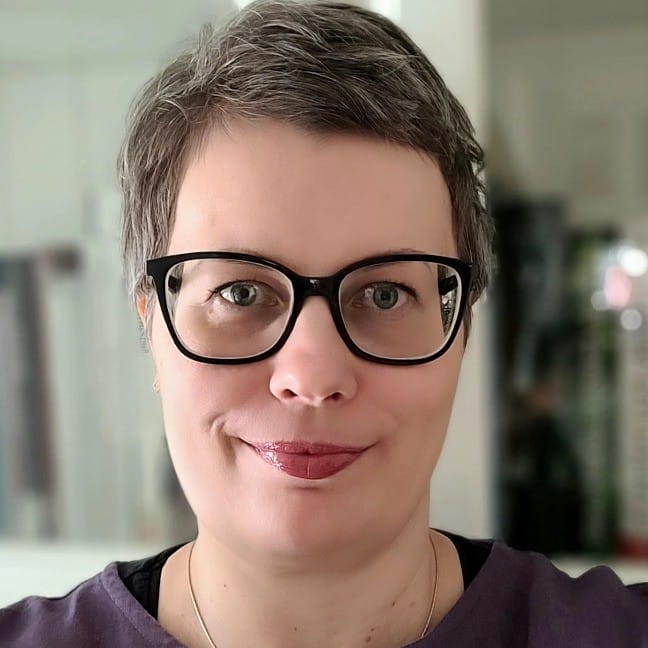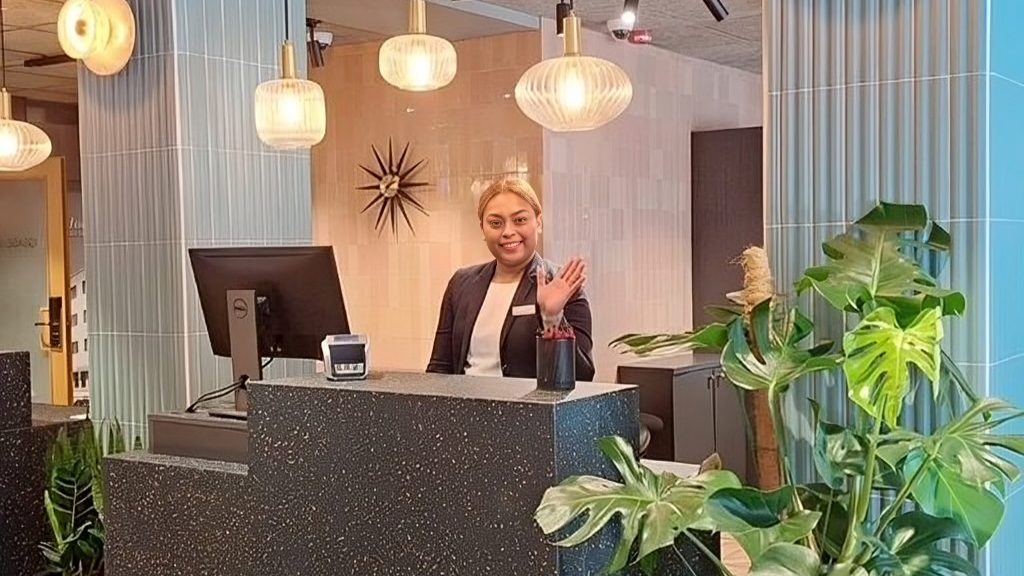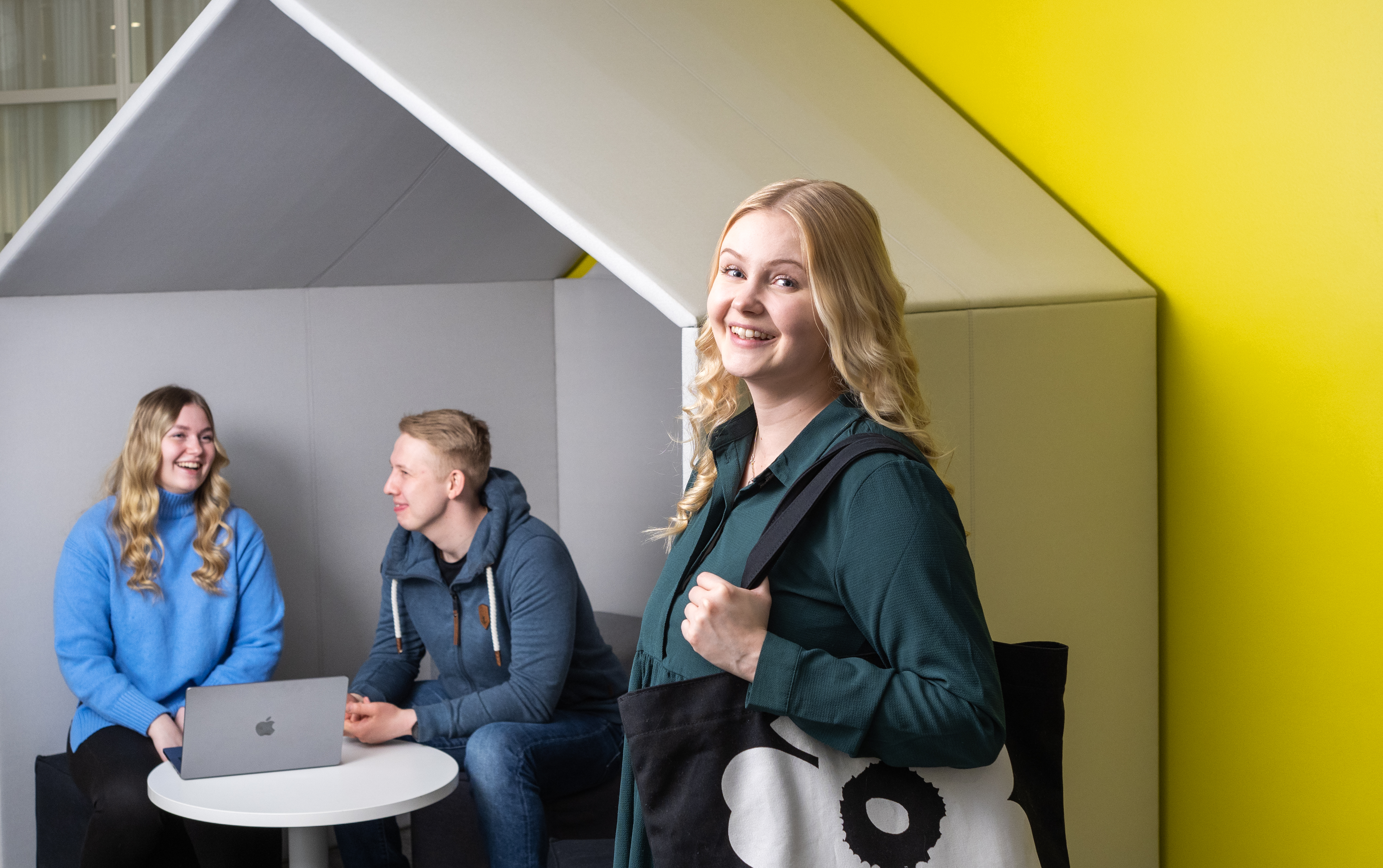


The International Tourism Management programme provides you with the skills and knowledge for an international career in tourism and hospitality. You are prepared to manage and market sustainable tourism and service businesses, design and deliver tourism events and experiences in multicultural settings and develop strong academic skills that support lifelong learning. The programme highlights global perspectives and offers opportunities for international mobility through student exchanges and practical training.
The flexible programme allows you to shape your career path based on your interests and study choices. You collaborate with tourism industry stakeholders, such as companies, destination organizations, and associations at various levels.
You can read more about the studies in the programme in the curriculum.
Studies take place on campus
Studies are conducted as daytime contact teaching at SAMK's Pori campus. Studying required full-time commitment and regular presence on campus. The programme has a flexible start, so you can begin your studies even if your arrival on campus is slightly delayed.
Curriculum Link opens in a new tabThe International Tourism Management programme values lifelong learning and recognizes prior experience. Its flexible structure lets you build an individual study path focused on your interests and career goals.
You will gain a strong foundation in tourism and hospitality and can deepen your expertise through modules such as Tourism and Hospitality Business, Sales and Marketing of Tourism Products, and Tourism Events and Experiences. The Managing Tourism Business module develops your strategic and leadership skills, while research and practical skills are integrated throughout the studies.
Elective studies allow you to tailor your learning further. A 30-ECTS practical training period gives you hands-on experience in the field and can be completed after your first study year, typically during summer breaks. It is also an excellent opportunity to specialize in your chosen area.
You can work in international private companies or public organizations within the service, tourism, and hospitality sectors. The flexible programme allows you to shape your career path based on your interests and study choices.
Possible career opportunities include Hotel, Hostel or Restaurant Shift Manager, Front Office Manager, Hotel Manager, Revenue Manager, Social Media Specialist, Tourism Marketing Assistant, Sales and Marketing Coordinator or Manager, Event Coordinator, Project Coordinator, Tourist Guide, Customer Experience Manager, Safety and Compliance Coordinator, or Sustainability Coordinator.

Find out about tuition fees and scholarship programme for non-EU/EEA students at SAMK.

Vera Karttunen is a third-year student in International Tourism Management at SAMK. She decided to go on a student exchange to South Korea.

When Jichen Lu watched Frozen 2, she never imagined it would inspire her to choose Finland. What began as a fascination with snowflakes, Santa Claus and the Northern Lights soon became a life-changing decision, leading her to SAMK, a degree in International Tourism Management and a career in marketing.

– Funnily enough, I hadn’t even heard of Finland before meeting my husband, says Tina Salo from Malaysia. She graduated from SAMK in 2024 with a degree in International Tourism Management and now works as a receptionist at Sokos Hotel Vaakuna in Pori.
